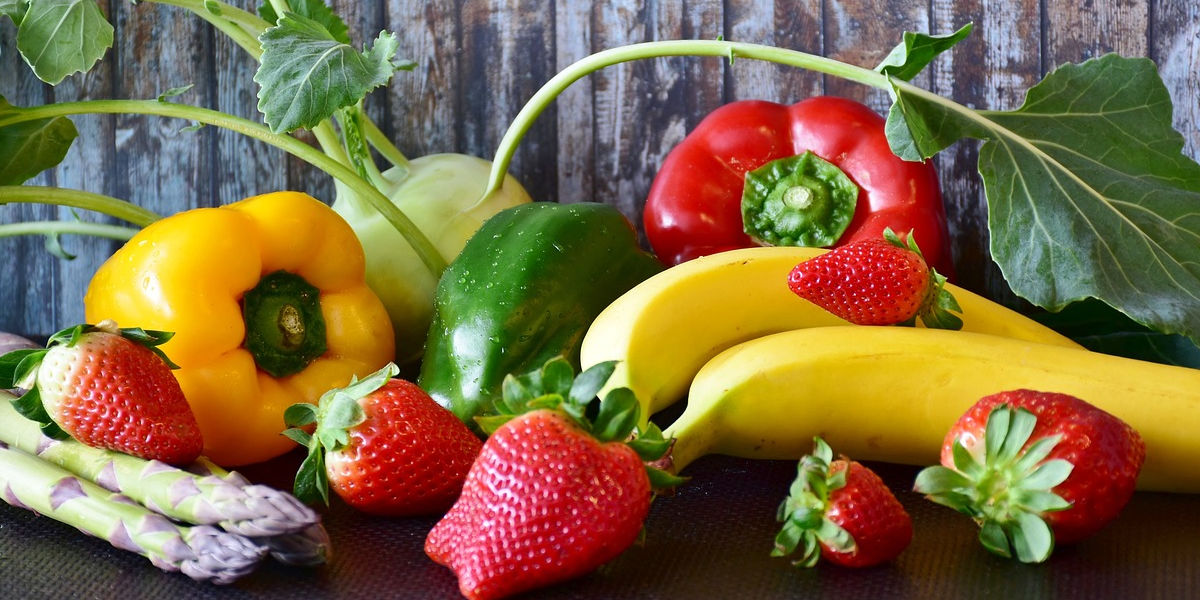When you reach for a juicy, ripe tomato, do you ever find yourself pondering, "Is a tomato a fruit or vegetable?" You wouldn’t be the first one to find yourself entangled in this culinary metabasis. For centuries, the tomato has been stuck in an identity crisis, ping-ponging back and forth between the two categories, leaving many of us questioning what we really know about our food. In order to understand the tomato's conundrum, we must first delve into the difference between fruit and vegetable.
Understanding the Difference Between Fruit and Vegetable
Commonly, people divide the natural bounty of our planet into vegetables that are savory, and fruits that are sweet. While this division works fine in cooking and casual conversation, botanists prefer a different categorization. In the realm of botany, fruits are the mature ovary of flowering plants, often containing seeds, while vegetables can be any other part of the plant, like roots, stems, or leaves. Therefore, any seed-containing produce, even if it's more savory than sweet, is technically a fruit and the remainder fall under vegetables.
But if that's true, then why is it that foods that are fruits often get mislabelled as vegetables? Let's take a look at the case of tomatoes to unravel this mystery.
The Controversial Tomato: Is Tomato a Fruit or Vegetable?
In the botanical world, the answer is clear-cut: tomatoes are indeed fruits. To be precise, they are berries. But wait, you might say, aren’t berries supposed to be sweet? This brings us back to the earlier mentioned difference. By botanical definitions, a berry is a fruit produced from a single ovary, and this includes items like grapes, kiwis, and yes, tomatoes.
However, in the culinary world, tomatoes are more often than not, classified as vegetables. Chefs prefer this categorization because tomatoes lend their taste more to savory dishes rather than sweet. Their acidic tang and subtle sweetness make them the perfect candidate for a wide range of dishes where traditionally vegetables are used.
So which one is it, really? Are tomatoes masquerading as vegetables when they are really fruits? The answer is quite a complex one and it all boils down to perspective - a botanical one or a culinary one.
Introduction
If you've ever found yourself embroiled in the "Is a tomato a fruit or a vegetable?" debate, you share a common dilemma with countless others who've tackled the same question. However, the answer is more complicated than it appears at first glance and involves delving into the realms of both horticulture and cuisine. So let's unravel the mystery of the tomato's identity.
The Botanical Perspective
In terms of botanical classification, the answer is clear-cut: tomatoes are indeed fruits! According to botany – the science of plant life – a fruit is the mature ovary of a flowering plant, typically containing seeds. This classification encompasses a wide variety of items we commonly think of as vegetables, such as cucumbers, peppers, and yes – tomatoes.
The Culinary Perspective
However, the waters muddle significantly when we move from the realm of botany to that of culinary arts. According to chefs and culinary experts, tomatoes are most often classified as vegetables. This discrepancy arises from the different criteria used in culinary and botanical classifications. In the culinary world, fruits are typically sweet and used in desserts, while vegetables have a more savory profile and are used in main dishes and sides.
Legal Standpoint
Even the legal world has had its say on the topic. The tomato's classification as either a fruit or a vegetable was famously brought before the U.S. Supreme Court in the 1893 case of Nix v. Hedden. The case arose from a tariff dispute, as imported vegetables (but not fruits) were subject to taxation. The Supreme Court ultimately ruled that in the common language of the people – and for purposes of trade and commerce – tomatoes were considered vegetables, despite their botanical classification as fruits.
The Culinary Versatility of Tomatoes
Regardless of where you fall in the fruit versus vegetable debate, it is universally acknowledged that tomatoes are incredibly versatile in the kitchen. Whether you're whipping up a sizzling marinara sauce, crafting a refreshing gazpacho, or slicing fresh tomatoes for a colorful salad, their unique flavor profile enhances a multitude of dishes across various cuisines.
Conclusion
So, do we finally have a resolution to the tomato identity crisis? Well, in scientific terms, tomatoes are fruits. However, in culinary and even legal terms, they're most certainly vegetables. Perhaps the true identity of a tomato resides not so much in the categories we attempt to fit it into, but in the flavorful and nutritional value it brings to our tables. Delving beyond labels, isn’t it more important to simply savor the rich, tangy burst of a ripe tomato on a warm summer day?




